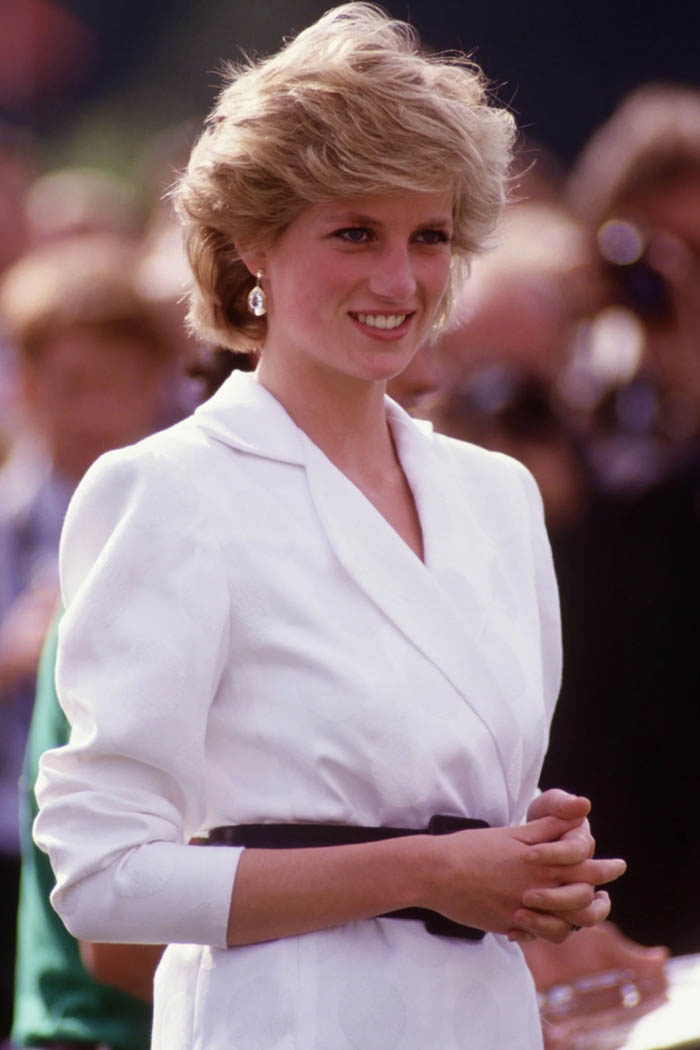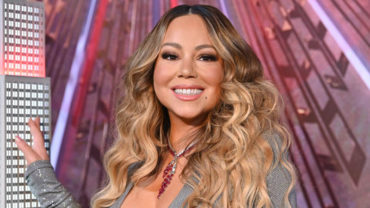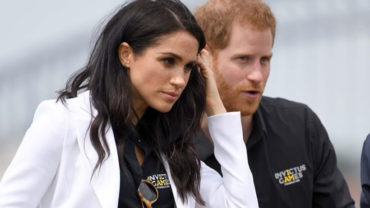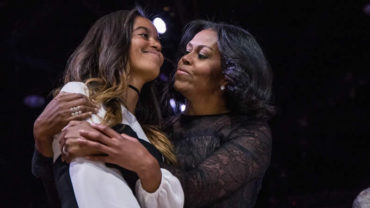It was no surprise to these high ranking citizens that Princess Diana was very naïve, and with the amounting pressures of royalty adding to the weight of her three-person marriage, the princess had become “isolated and vulnerable to people who recognised they could get her to believe things.”
Shortly after her divorce was finalized however, the princess decided that she wanted to go through with a public interview and it was at that time that she reportedly met the editor-in-chief of The Daily Telegraph, Max Hastings.
With him she opened up about the conspiracy to have her put away as well, but she was shot down by Hastings for being “off with the fairies” and in a “pretty bad place.”

It was only after that, that Princess Diana found herself in the clutches of BBC and got allegedly coerced into taking part in the infamous Panama interview.
All of this she did in an effort to save her brother from a bank forgery that was reportedly orchestrated by a BBC employee, all proof of which is now ‘lost’.
Even Princess Diana’s biographer, Andrew Morton touched upon BBC’s recent claim about having ‘lost’ their copy of the princess’s consent form, in a lengthy discussion with Metro.
He was quoted saying, “Speaking to those in Diana’s circle at that time, you could get a sense why those bank statements were a tipping point that made her mind up to sit down and speak about her life.”
“If they [the BBC] received a letter saying the Princess of Wales was happy with the way the programme was made, that would bombproof them against any future concerns.”







